North Korea’s Role in Ukraine: A New Frontline in a Global Power Struggle
The involvement of North Korea in the ongoing war in Ukraine marks a significant escalation in the conflict, underlining the deepening ties between Pyongyang and Moscow amid rising global tensions. Recent reports confirm that over 10,000 North Korean troops are now on Russian soil, participating in military operations to regain lost territory in the Kursk region. This unprecedented deployment not only alters the dynamics of the conflict in Ukraine but also signals a shift in North Korea’s foreign policy under Kim Jong-un, moving closer to Russia in defiance of international isolation.
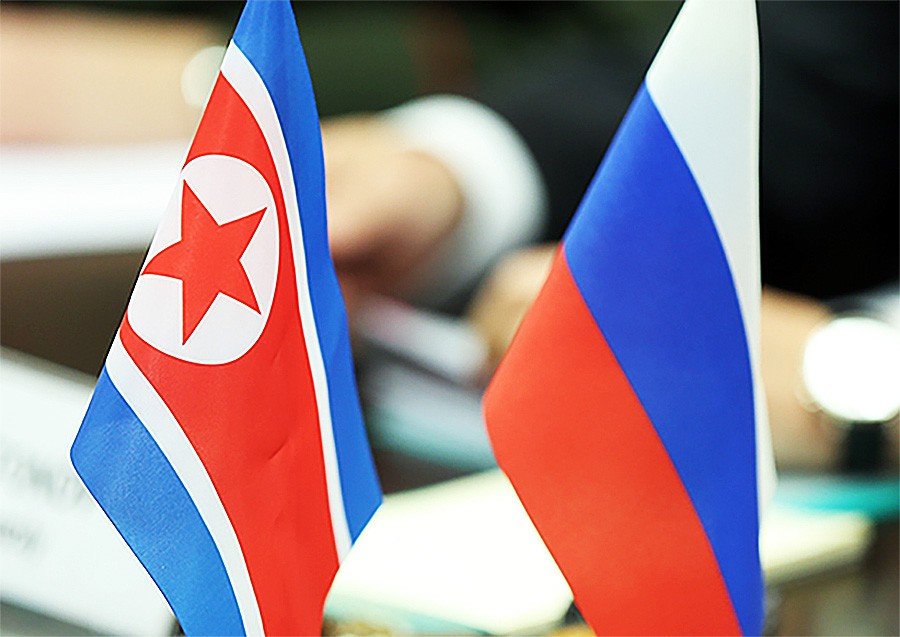
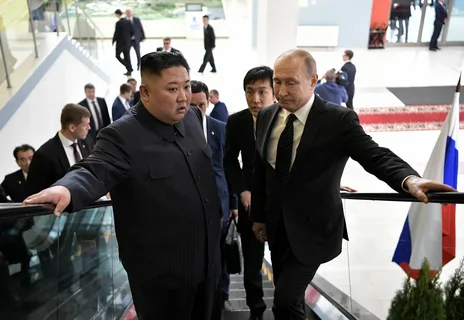
The Ukraine War: A Proxy Battlefield for the Korean Peninsula
Long before the arrival of North Korean troops, the war in Ukraine had already become a proxy conflict for the two Koreas. While South Korea has supplied Ukraine with artillery shells and ammunition, often routed through the United States and Poland, North Korea has been supplying arms and now personnel to Russia. This dynamic reflects the militarized posture of both nations, honed through decades of rivalry and preparation for conflict on the Korean peninsula.
South Korea, leveraging its advanced defense industry, has seen a surge in arms exports, doubling its revenue from $7.3 billion in 2021 to $14 billion by 2023. Conversely, North Korea, plagued by economic hardship, has traded military support for essential goods, such as flour and corn, to alleviate its chronic food insecurity. These contrasting approaches highlight the divergent strategies of the two Koreas, both of which remain deeply entangled in the geopolitics of the Ukraine conflict.
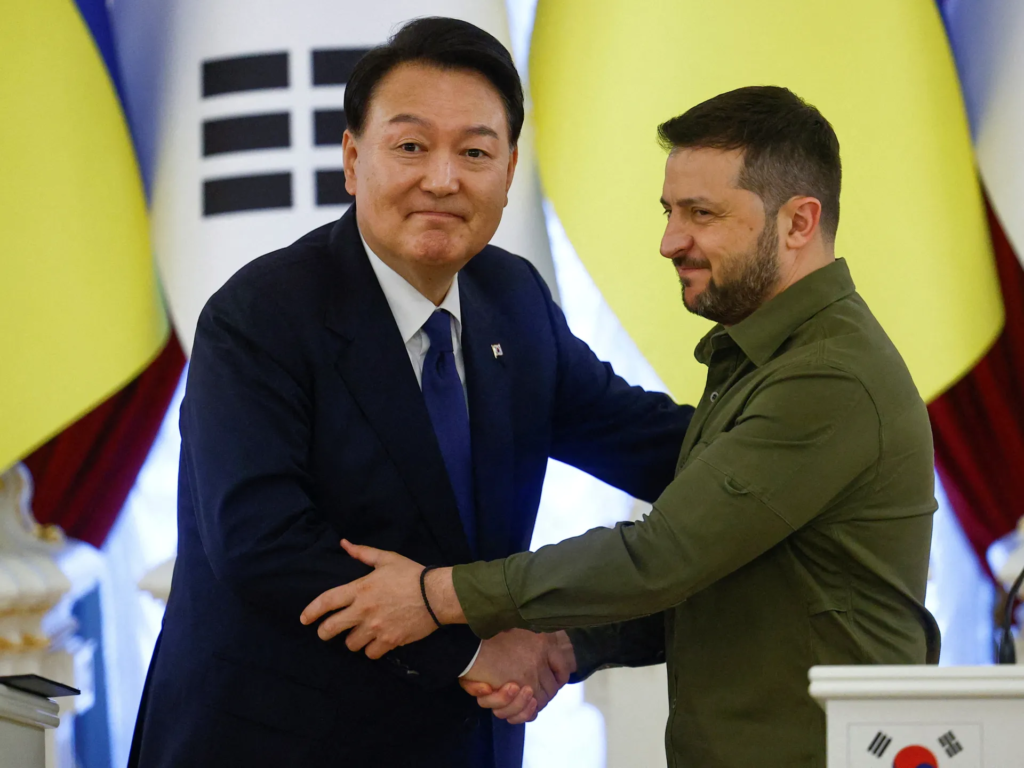
The Calculations Behind Kim Jong-un’s Risky Gamble
Kim Jong-un’s decision to dispatch elite light infantry brigades to Ukraine represents a high-stakes move driven by both strategic necessity and internal pressures. Years of diplomatic and economic isolation have left North Korea increasingly reliant on partnerships with nations like Russia to sustain its regime. The deployment aligns with a broader strategy to strengthen ties with Moscow, reinforcing a mutual-defense agreement that could reshape the geopolitical landscape in the face of Western opposition.
Kim’s actions also reflect a departure from the policies of his grandfather, Kim Il-sung, who famously played rival powers against each other to maximize North Korea’s leverage. Instead, the current leader has committed to a closer alignment with Russia, a move that seeks to position North Korea as an indispensable ally in the Kremlin’s confrontation with NATO. This shift underscores Pyongyang’s growing dependence on Moscow amid its deteriorating relationships with both Beijing and Washington.
Historical Parallels: Lessons from Past Conflicts
The involvement of Korean forces in distant conflicts is not without precedent. During the Vietnam War, South Korea deployed over 320,000 troops with U.S. backing, while North Korea clandestinely supported North Vietnam with psychological warfare units and fighter pilots. These interventions intensified tensions on the Korean peninsula, sparking a period of skirmishes along the Demilitarized Zone (DMZ) that historians now refer to as the “Second Korean War.” Today, the roles appear reversed. South Korea is cautiously considering direct military support for Ukraine, while North Korea has already committed significant resources to Russia’s war effort. These developments risk reigniting the long-standing rivalry between the two Koreas, with potential repercussions for regional stability and global security.
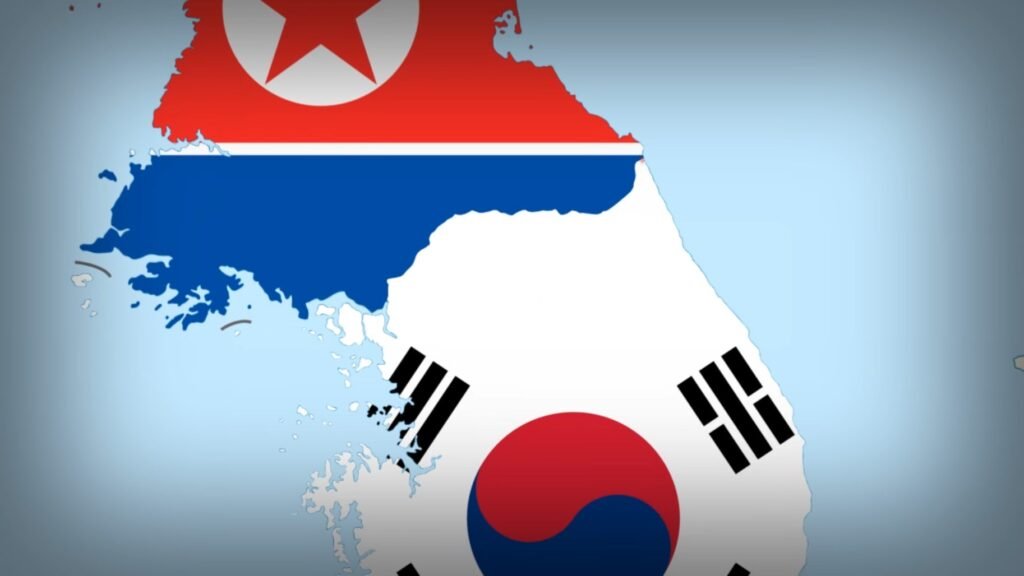
The Regional and Global Implications
North Korea’s deployment in Ukraine is emblematic of the broader geopolitical realignments taking shape in the wake of the conflict. By siding openly with Russia, Pyongyang has deepened its estrangement from China, which has increasingly viewed Kim Jong-un’s regime as a liability. Meanwhile, South Korea’s growing involvement in the Ukraine war, coupled with its bolstered arms exports, reflects its strategic alignment with NATO and the United States.
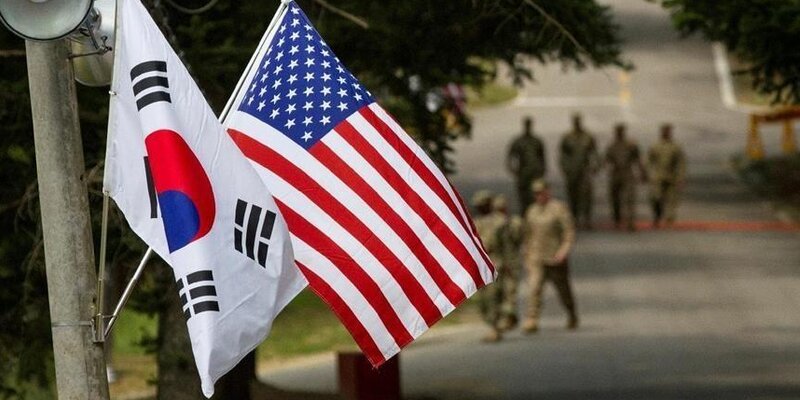
This polarization extends beyond the Korean peninsula, raising the stakes in a conflict that already carries profound global implications. The deployment of Asian troops on European soil introduces a new dimension to the war, complicating efforts to de-escalate hostilities. For the United States and its NATO allies, South Korea’s deeper involvement could provide a much-needed boost to Ukraine’s war effort without further straining European resources. However, this strategy risks escalating tensions in Asia, where the specter of renewed conflict on the Korean peninsula looms large.
The Need for a Global Antiwar Movement
As the Ukraine conflict continues to draw in new actors, the urgency for a robust international antiwar movement becomes increasingly evident. The involvement of North Korean troops, alongside the potential for South Korean combat deployments, underscores the global stakes of a war that shows no signs of resolution. Without concerted efforts to de-escalate tensions and seek diplomatic solutions, the conflict risks spiraling into a broader confrontation with devastating consequences.
For both Koreas, the stakes could not be higher. The decisions made in Pyongyang and Seoul will shape not only the outcome of the Ukraine war but also the future of the Korean peninsula. As hardliners on both sides push for further escalation, the international community must prioritize dialogue and cooperation to prevent the conflict from expanding into a full-scale global crisis.

